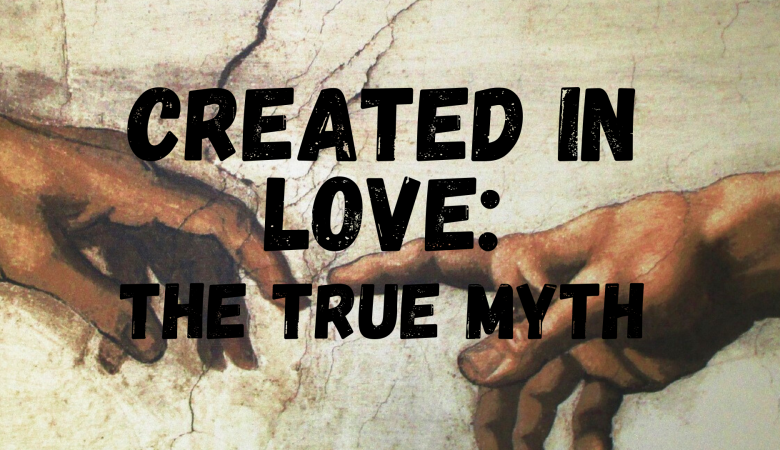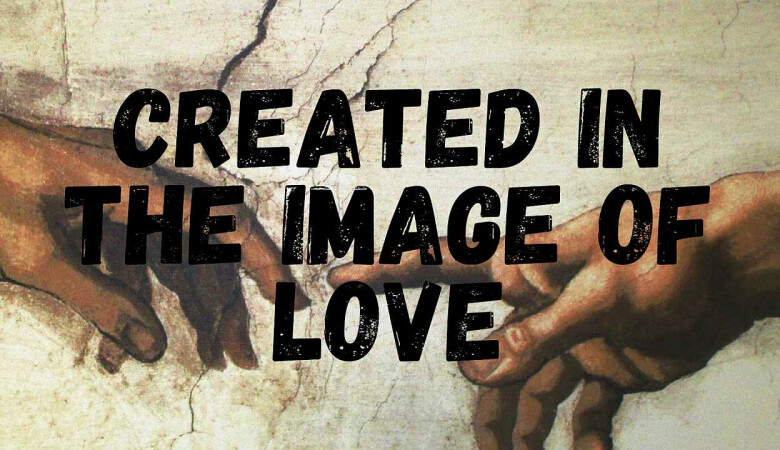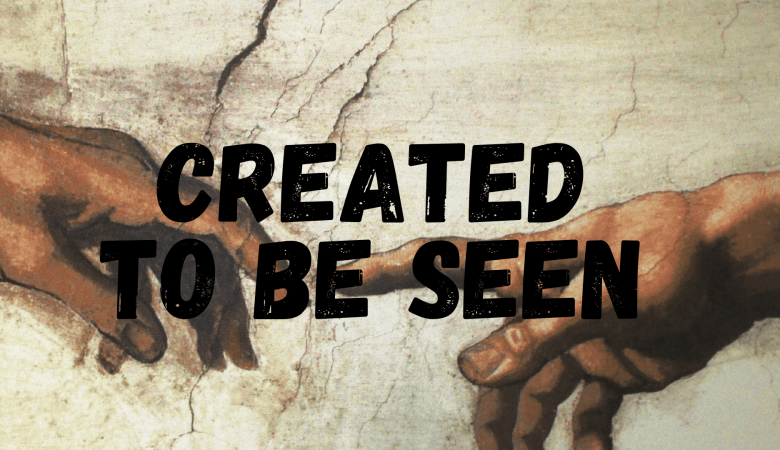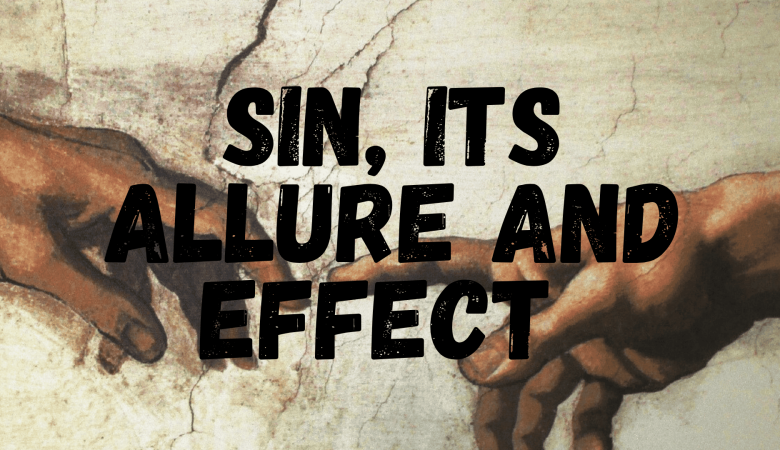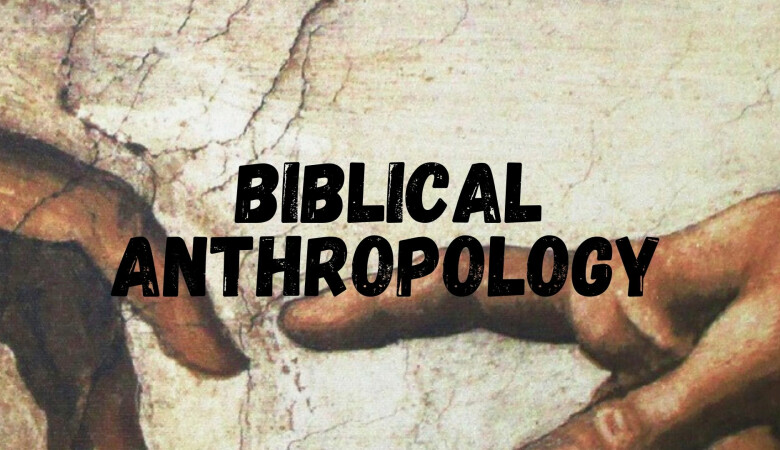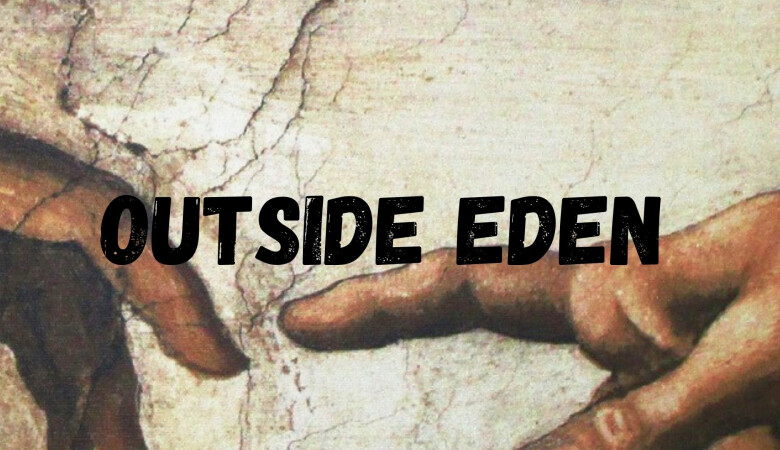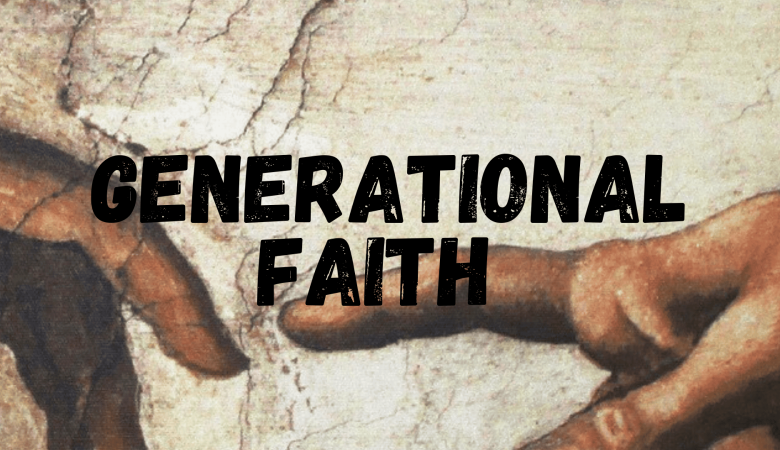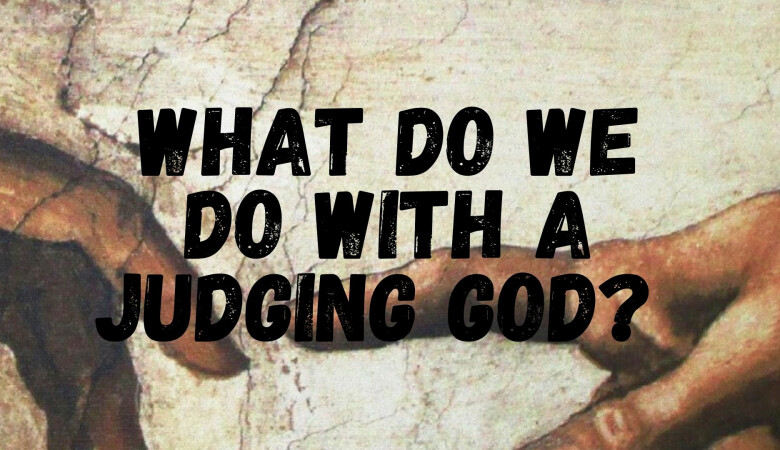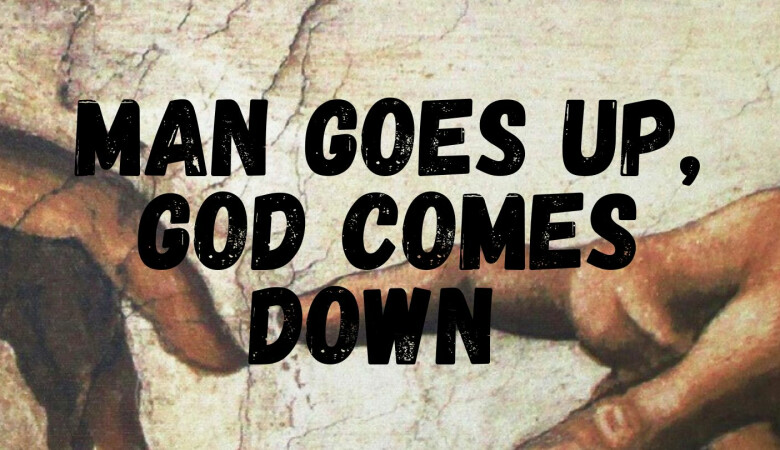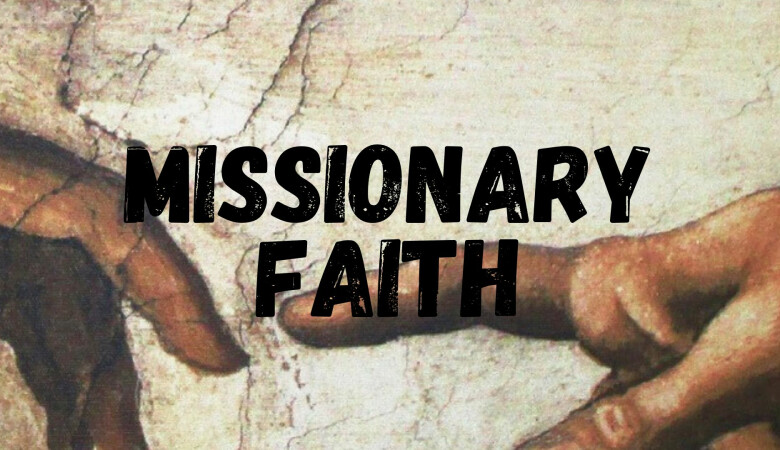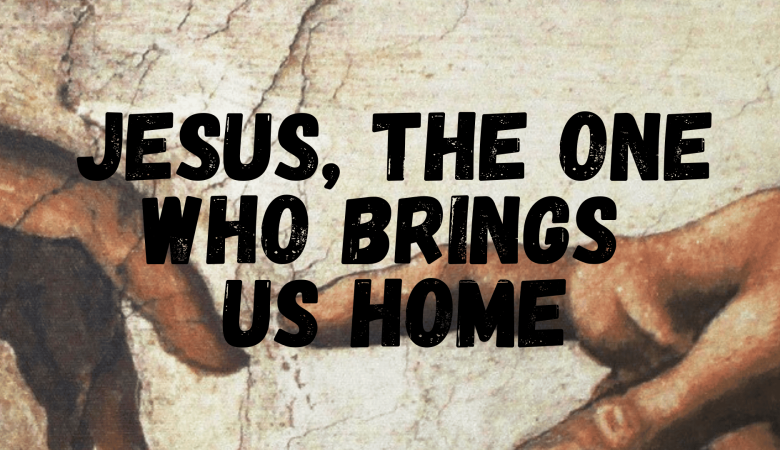Series: Created in Love
Committed to Creation, Pt. 2
December 08, 2024 | Peter Rowan
Passage: Genesis 8:20-9:29
Summary
We are continuing our series in the first chapters of Genesis. Like I said last week, I actually think this is a very fitting series for Advent. Jesus himself, the couple times that he speaks of Noah, says that Noah is a warning about his second coming. But these beginning chapters of Genesis lead to and end in the call of Abraham. And Abraham begins the New Testament and the story of Jesus’ first advent, his first coming. These chapters in the beginning of Genesis are foundation for understanding Abraham and Abraham is a foundation for understand the coming of Jesus. Anyway, today we are still in the story of Noah.
Transcript
We are continuing our series in the first chapters of Genesis. Like I said last week, I actually think this is a very fitting series for Advent. Jesus himself, the couple times that he speaks of Noah, says that Noah is a warning about his second coming. But these beginning chapters of Genesis lead to and end in the call of Abraham. And Abraham begins the New Testament and the story of Jesus’ first advent, his first coming. These chapters in the beginning of Genesis are foundation for understanding Abraham and Abraham is a foundation for understand the coming of Jesus. Anyway, today we are still in the story of Noah.
I’ve heard in the past that there are really two big questions when it comes to belief in God. Of course there are many questions when it comes to belief in God, but there are two big ones. The first is, is he there? Does God or gods exist? The second is, if he is there does he care?
Of course, while the vast majority of people throughout history and even now throughout the world have said, “Yes, god exists”, many people, particularly after the enlightenment and after Darwin’s theory of evolution have said that faith in a creator God is not intellectually responsible. So, we come to Genesis and these first chapters that we have been looking at and they are dismissed because it says that God created, that he spoke the world into being, that he formed us out of the clay and all of that stuff.
I was listening to a lecture by Justin Brierly given this summer at the English L’Abri titled “The Surprising Rebirth of Belief in God.” He speaks in that lecture about how many people in the sciences are coming to belief in God and a good many of them are doing so because of the old watchmaker argument. If you stumbled upon a mechanical watch with all of its intricacies there is no way that you would think it was made by mere chance, by a rolling of the dice. Well, he shared a rather long illustration. Let me read it for you:
“Some people say that human existence is by a role of the cosmic dice. Like a gambler that stakes his life’s saving on the next role, we just got lucky in the lottery of life. Some people say there is no purpose in the universe, no grand plan, no god behind it all. Our numbers just came up and here we are. But I don’t believe it and nor should you. If I role this dice, the chances of getting a 6 are 1 in 6. That’s not too bad. But what are the chances of me rolling 6 twice in a row? Well, the odds get longer. They are 1 in 6 times by 1 in 6. That’s 1 in 36. So, I would have to be pretty lucky to get two 6s in a row. Now, ever time I add another chance of getting another 6 in a row the odds go up exponentially and it gets even more unlikely. Now, what if I rolled this dice 70 times and every single time I got a 6? That is pretty unlikely, but it is possible, right? Well, in fact, the chances of rolling a 6 70 times in a row are around 1 in 10 into 55. That’s a 1 with 55 zeros after it. Now, to put that into perspective, how long would I have to stand here rolling this dice allowing about 5 second per roll before hitting that lucky streak and hitting 70 6s in a row? Well, on average, you would have to continually roll this dice for 100 trillion trillion trillion trillion trillion trillion trillion trillion trillion trillion years before your numbers come up.”
What if you apply that thinking to us? Now the odds of rolling 70 6s in a row are 1 in 10 to the 55 and those are the same odds as what is called the expansion rate of the universe being just right for the existence of us here today. From the moment of the big bang the rate of the expansion of the universe was finely balanced. Any faster and the universe wouldn’t have allowed for the formation of atoms and chemicals and stars and galaxies. Any slower and it all would have collapsed back into itself. But as it happened it allowed for life to develop. It his 70 rolls of 6 in a row the first time. Let’s assume this happened. Beginners luck? Hardly. You would assume that I must have rigged the dice. Maybe the dice are loaded. Maybe there are 6s on every side. Why do we think that we are here by chance? The fact we are here shows that someone has loaded the dice. Maybe there is no dice at all.
Now, there are different arguments for and against this approach, but Brierly uses this as a jumping point to talk about how many folk in the sciences are shifting towards belief in God.
But even if that kind of argument may get you to the first questions - Is God there? - it doesn’t lead you to the second question - Does God care?
When we come to the Noah story, we have seen that God is the only good and right judge, that our desires for justice are only properly brought about by him. We’ve also considered the question of the veracity of the flood story. Did it happen. Well, I won’t go into that again, but Jesus certainly speaks of it as having happened. Then we consider some of the structural elements that invite us to see the fact of God remembering and keeping his promise as the central focus of the flood narrative. And that begins to get us to this second question of God’s care.
This morning I want us to see his care, both through his covenant to his creation and his covenant to us. Before we do that, we need to say that a covenant is a binding relational promise, a binding relational promise.
So, His care through his covenant to creation.
Noah and his family and the animals disembark from the ark and he builds an alter and offers sacrifices. And this is what the Lord says to him: “I will never again curse the ground because of man, for the intention of man’s heart is evil from his youth. Neither will I ever again strike down every living creature as I have done. 22 While the earth remains, seedtime and harvest, cold and heat, summer and winter, day and night, shall not cease.”
Do you hear God’s commitment to his creation?
“I will never again curse the ground. Neither will I ever against strike down every living creature. While the earth remains…”
The story that we have in the Bible is not just of a god who creates and then sits back at a distance and doesn’t really care what goes on. No, in fact, what we have already seen is that the sin of humanity touches and effects the creational order of things. And God says that he is committed to his creation.
But that commitment isn’t like the absent father who sends in child support faithfully. He is covenantally committed.
When we get down into verse 9 what we see is that the convent that God makes (remember - binding relational commitment) is not just with Noah or not just with humanity, but with creation.
So, verse 9: “Behold, I establish my covenant with you and your offspring after you, 10 and with every living creature that is with you
At the end of verse 11: never again shall there be a flood to destroy the earth.”
Verse 12: This is the sign of the covenant that I make between me and you and every living creature that is with you
Verse 13: I have set my bow in the cloud, and it shall be a sign of the covenant between me and the earth.
Verse 15: I will remember my covenant that is between me and you and every living creature of all flesh.
Verse 16: When the bow is in the clouds, I will see it and remember the everlasting covenant between God and every living creature of all flesh that is on the earth.”
And, verse 17: “This is the sign of the covenant that I have established between me and all flesh that is on the earth.”
There is no question that what is happening in this covenant is a commitment of God to his entire creation. There is no faithful christianity that does care about creation.
And we see this also in the whole flood story. The flood story is both a judgment on evil, but also a recommitment to the creation God had made. And we see this in the days of creation being reiterated for us in the flood story. Let me try to explain this:
I showed last week how the focal point of the story and the turning point is chapter 8:1 “And God remembered”. Right after that, the second half of that verse says: And God made a wind blow over the earth, and the waters subsided.” “Wind” is the word ruah which is the same word in Genesis 1:2 for Spirt. There in 1:2 the spirit was hovering over the waters. Here it is over the earth, but the earth is covered with water. The precreation was said to be deep there in 1:2, and that same word is here in 8:2. In chapter 8:6 we read that after 40 days Noah opened the window of the ark. What would that mean? Light came in. And we read that the waters subsided. What would that do? That would create the waters above (the clouds) and the waters beneath and it would also create the ground, just like in Genesis 1:6-7 and 1:9. So, we have precreation spirit hovering over the waters and we have the retelling of day 1, 2, and 3. Day 4, with the light of the heavens, the stars and all of that, is absent here. Bruce Waltke, one of the greatest scholars of Genesis, says this would simply be because they were not effected by the flood, so there isn’t the need to retell that day. But let’s continue on. The waters recede and Noah sends out birds. And this is what happens on the fifth day of Genesis 1. Then you have the sixth day with the appearance of the man and his wife and “every living creature” and “every creeping thing that moves along the ground / earth” the exact phrases that is used in Genesis 1:24 and 25. Then what do you find?
The reinstitution of the creation blessing: “Be fruitful and multiply and fill the earth.”
What the story of Noah and the flood is teaching us is God’s commitment to the creation he has made. To all of it. To the waters, to the land, to the birds, to the livestock, to the creeping things that move along the earth. To all of it.
God keep covenant with his creation.
God’s covenant with us.
But it is also the case that this is again telling us of his covenant to his people and the importance of humanity.
First, there is this little section in 9:1-7 that is bracketed by that blessing “Be fruitful and multiply”.
Those verses are highlighting again for us how humanity is unique and unique in a way that is above creation. Verse 2 tells us that the living things of the earth are delivered into the hand of humanity. And verses 3 and 4 tell us that God has given not just the plants for our food, but every living thing. Humanity is over it. And yet, we are to respect life. Many ancient cultures and some even today would drink the blood of others being with the thought of gaining their strength or power. Blood represented their life. And God tells us not to do that. To respect life and he tell us particularly to respect human life.
Now, I want to jump over verses 8-17 and consider the story of Noah and his sons.
What is happening here? Noah gets out of the ark with his sons and he plants a vineyard and he makes wine and he gets drunk. And he get’s naked. Ok, immediately, we are supposed to think about how this is not tending to creation as it was meant to be tended to. What you will find consistently in the Bible is that wine is a gift from God to make men’s hearts glad as Psalm 104 tells us, but that drunkenness like this is forbidden. So there is an abuse of creation. But what that means is there is a taking of fruit in a way that was not to be taken. Does that sound familiar? Sounds a lot like Genesis 3. And what happened in Genesis 3. The man was naked. And what did the man and his wife do? They clothed themselves. And what happened here? Noah is clothed by his sons. But not all of the sons, right? Not Hamm. And Hamm receives a curse for this. Why? I mean, honestly, this is a big questions. But I think it is because he didn’t get the story. He didn’t understand the dynamics of sin and that something needed to be done with sin.
So here we have the retelling of Genesis 1 and genesis 3. But Genesis 2, at least the beginning of Genesis 2 is the telling of the Sabbath day, the day of rest.
And so we have this section of Genesis 9:8-17 that I sort of brushed over just now. I mentioned earlier how it encompassed all of creation. But his covenant is God saying he is committed. And I want you to see how he is committed to bringing rest.
9 “Behold, I establish my covenant with you and your offspring after you, 10 and with every living creature that is with you, the birds, the livestock, and every beast of the earth with you, as many as came out of the ark; it is for every beast of the earth. 11 I establish my covenant with you, that never again shall all flesh be cut off by the waters of the flood, and never again shall there be a flood to destroy the earth.” 12 And God said, “This is the sign of the covenant that I make between me and you and every living creature that is with you, for all future generations: 13 I have set my bow in the cloud, and it shall be a sign of the covenant between me and the earth. 14 When I bring clouds over the earth and the bow is seen in the clouds, 15 I will remember my covenant that is between me and you and every living creature of all flesh. And the waters shall never again become a flood to destroy all flesh. 16 When the bow is in the clouds, I will see it and remember the everlasting covenant between God and every living creature of all flesh that is on the earth.” 17 God said to Noah, “This is the sign of the covenant that I have established between me and all flesh that is on the earth.”
There are a lot of Covenants in there! And there is a lot of repetition.
The word Covenant, berit, shows up 7 times.
The word for earth, ha’arits shows up 7 times.
The word clouds shows up in the Hebrew 5 times.
The word for bow, shows up 3 times.
And, get this, the middle berit, the middle ha’arits, the middle clouds and the bow are all together. It’s like a chiams (that ancient literary structure that we talked about last week) right here in this paragraph. And right in the middle of this paragraph, ring in the middle of all of these words is verse 13.
“I have set my bow in the cloud, and it shall be a sign of the covenant between me and the earth.”
God is saying I will do it! And the word for bow here is the same word that is used for the instrument of war and violence. He is saying “I will do it, even though the pain of death is aimed at me!”
This story is a story of God’s commitment to his creation and to you and to me. This is a story of God’s covenant faithfulness, his binding relational promise that says not only am I here but I care. It is also a story that foreshadows the coming Messiah, our Lord Jesus, and how he would be pierced for our iniquities and that the pain of death would be his so that he would bring us rest and peace.
I don’t know if you have a difficulty believing Christianity because it claims that God is there and that he made all things. And maybe you have a difficulty with the idea that God cares. But this story that we have, the story of Christian faith has a resounding answer to those questions. God covenant with his creation and with you and me and he makes good on his promise to bring rest even though it means the death of his only son.
Series Information
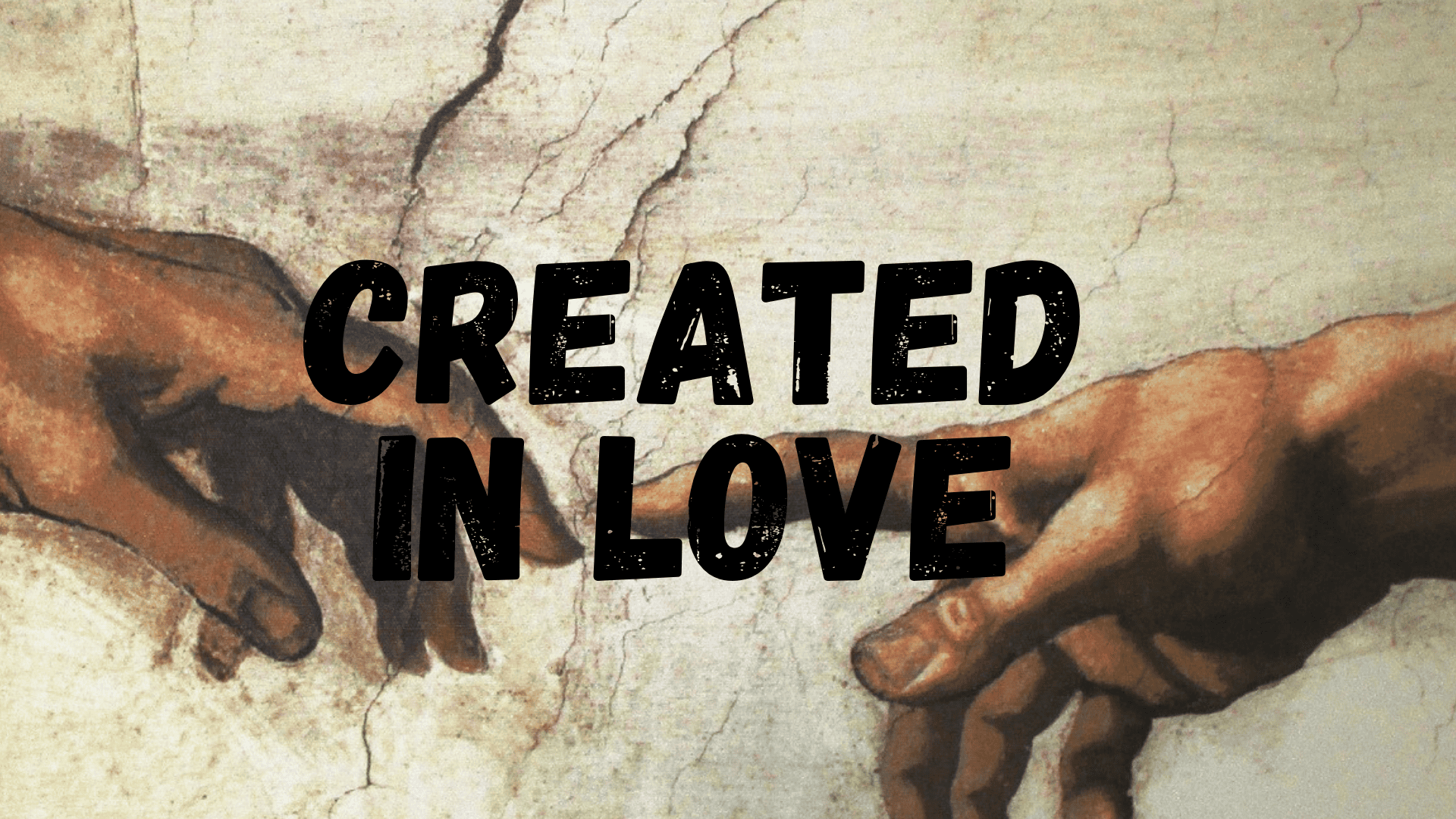
The first 11 chapters of Genesis are the origin story of all that is. In it we find unexpected account. It is not written to satisfy our desire to know the “how” As we will see, these 11 chapters are far more concerned to tell us “who” creates, and what becomes of the “good" world he hands his image bearers.

